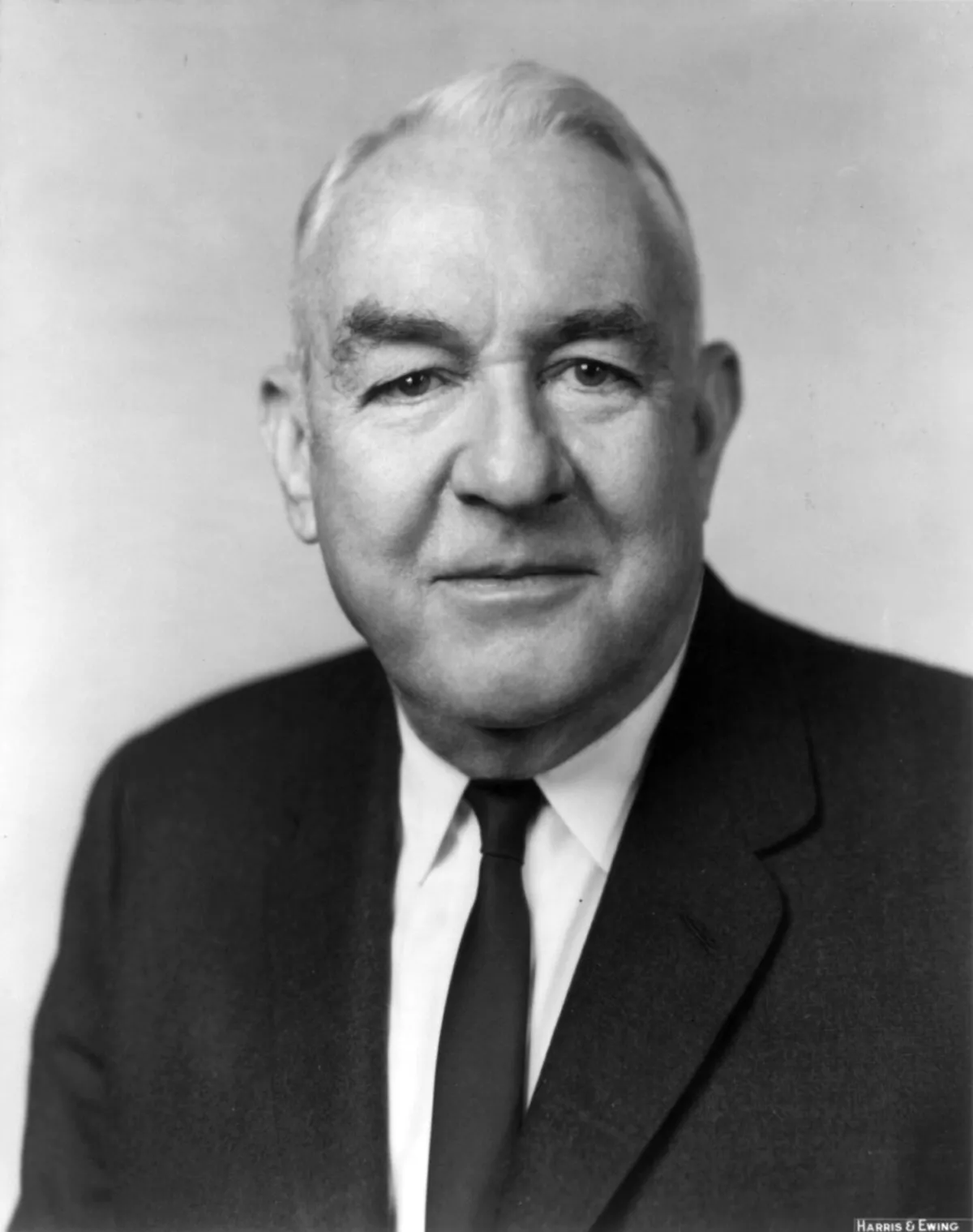 1.
1. Sam Ervin is remembered for his work in the investigation committees that brought down Senator Joseph McCarthy in 1954 and especially for his leadership of the Senate committee's investigation of the Watergate scandal that led to the resignation of President Richard Nixon in 1974.